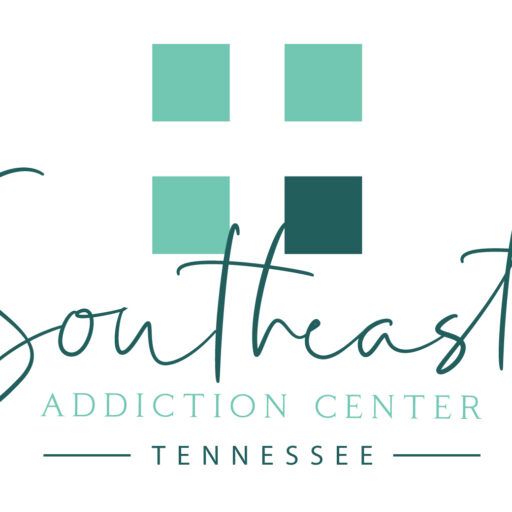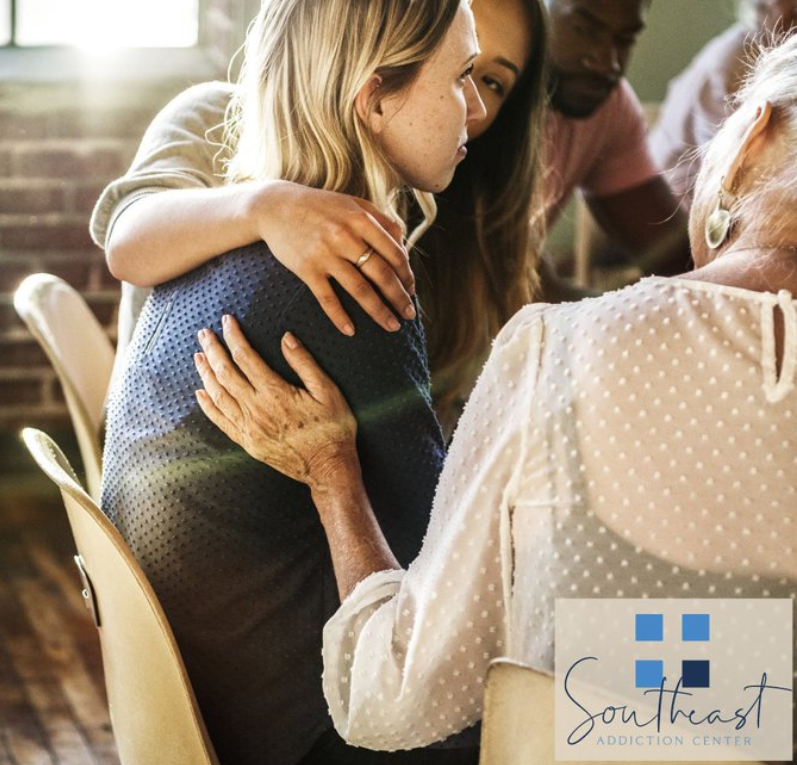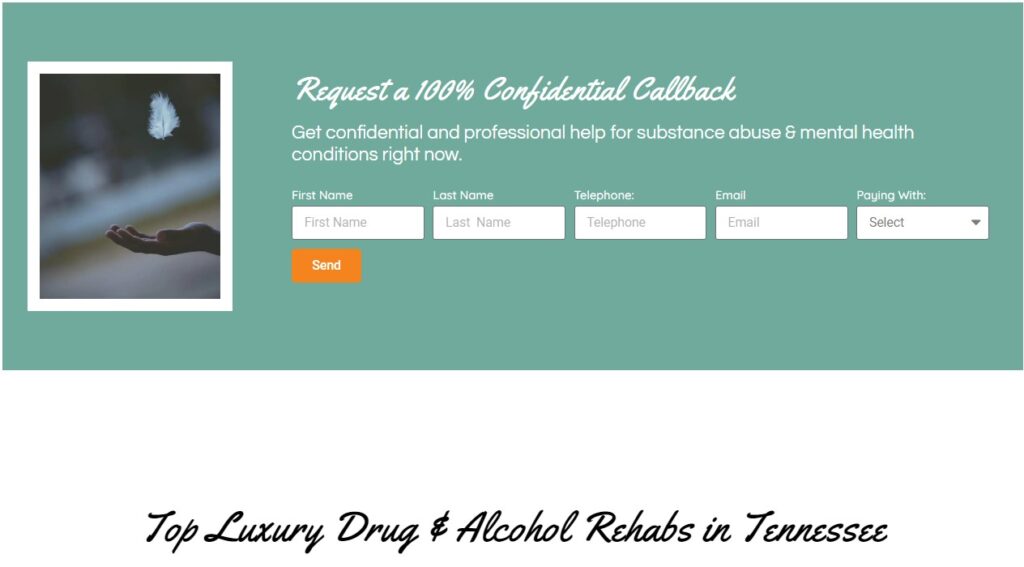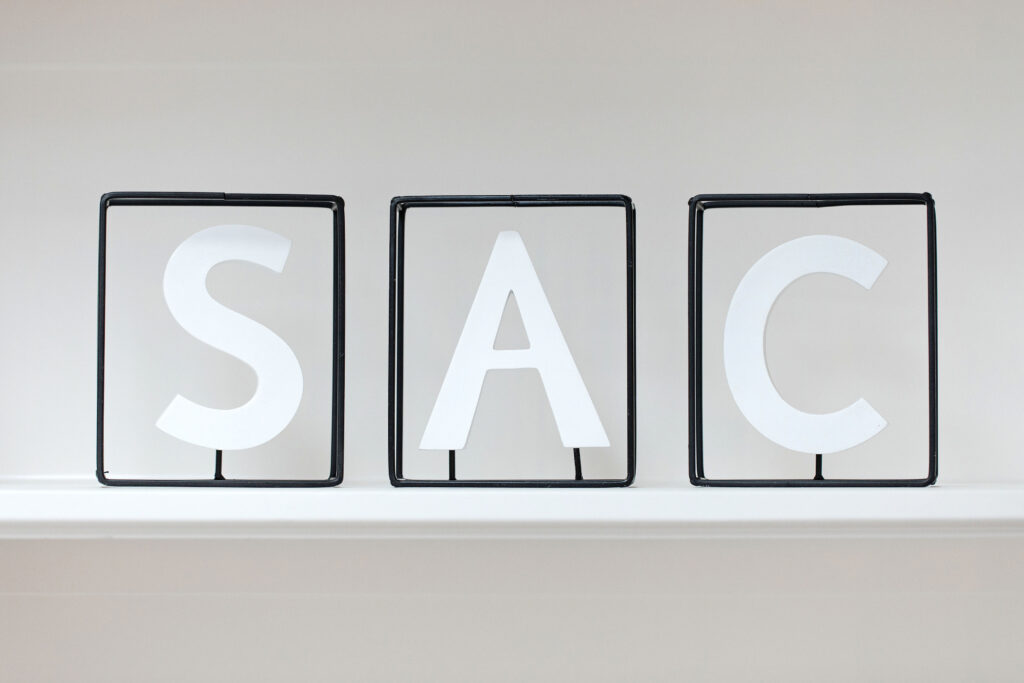Transform Your Recovery with Our Intensive Outpatient Treatment Program!
What to Expect from Our Intensive Outpatient Center

Our IOPs play a crucial role in the journey towards recovery for individuals dealing with mental health disorders, substance abuse, or addiction. These programs offer a structured and comprehensive approach to healing while allowing participants to continue their daily routines and responsibilities.
Understanding the Purpose of an IOP Program
An intensive outpatient program serves as a middle ground between residential treatment and traditional outpatient therapy. It provides more support than standard outpatient services without the need for constant supervision like inpatient programs.
The main goal of an IOP is to equip individuals with the tools, skills, and support needed to achieve lasting recovery from their mental health or substance use disorder. The program involves various therapeutic interventions tailored to meet each participant’s unique needs.
Contrasting Inpatient and Outpatient Programs
To grasp the benefits of an intensive outpatient program, it’s essential to distinguish it from other forms of treatment options.
- Inpatient Programs: These programs involve stays at residential facilities where individuals receive 24/7 medical supervision and intense therapy within a controlled setting.
- Outpatient Programs: Traditional outpatient programs consist of counseling sessions that are less frequent compared to IOPs. They are suitable for those who have completed higher levels of care or have milder symptoms not requiring constant monitoring.
While both inpatient and outpatient programs are integral parts of the recovery process, IOPs bridge the gap by offering more structure than regular therapy sessions while still allowing participants to reside at home during treatment.
By providing flexibility without compromising effectiveness, intensive outpatient programs empower individuals with greater independence as they strive towards achieving sustainable long-term recovery goals.
Key Components of an Effective Intensive Outpatient Program

Section 2: Essential Elements of a Successful Intensive Outpatient Treatment Program
When embarking on the journey to address mental health or substance use disorders, understanding the crucial components of an effective intensive outpatient program (IOP) is paramount. These programs are meticulously crafted to offer comprehensive care and assistance while allowing individuals to maintain their daily routines at home. Let’s delve into the fundamental elements that contribute to a fulfilling and successful IOP experience.
1. Therapeutic Sessions: The Heartbeat of Healing
Within an IOP, therapeutic sessions serve as the cornerstone for individuals to tackle their unique challenges and needs head-on. These sessions encompass individual therapy, group therapy, family therapy, and specialized counseling.
- Individual therapy provides a personalized space for clients to work closely with a therapist who tailors guidance and support according to their specific circumstances.
- Group therapy fosters connections among individuals facing similar struggles, creating a supportive environment where participants can share experiences, gain insights from peers, and develop essential coping skills.
- Family therapy involves loved ones in the treatment process by addressing relationship dynamics and promoting open communication – recognizing the profound impact of familial support on long-term recovery.
2. Medication Management: A Pillar of Support
Effective medication management is pivotal within an IOP setting. For those grappling with mental health disorders like depression or anxiety, medications prescribed by qualified professionals can alleviate symptoms and enhance overall well-being.
Skilled psychiatrists or medical experts assess each client’s unique needs before prescribing appropriate medications. Regular check-ins ensure dosage adjustments based on progress made during treatment.
3. Family Involvement: Building Bridges to Recovery
Engaging families in education programs equips them with knowledge about their loved one’s condition while providing tools for ongoing support beyond formal treatment hours.
By involving families in therapy sessions or support groups, IOPs cultivate unity and shared responsibility for the individual’s well-being – fostering lasting recovery outcomes.
4. Aftercare Planning: Sustaining Success Beyond Treatment
Aftercare planning is integral post-IOP completion; it involves crafting a detailed plan ensuring continued support once individuals leave the program.
This may include referrals to community-based services, ongoing therapy sessions, participation in support groups, or access to relapse prevention programs – all aimed at addressing potential challenges post-treatment.
In essence, an effective intensive outpatient program integrates tailored therapeutic sessions geared towards individual needs alongside medication management when necessary; emphasizes family involvement throughout treatment; prioritizes comprehensive aftercare planning – collectively providing holistic care that supports individuals on their path towards enduring recovery.
Choosing the Right Intensive Outpatient Program

Section 3: Essential Considerations for Choosing the Perfect Intensive Outpatient Program
Selecting the ideal intensive outpatient program (IOP) is a crucial decision that requires thoughtful deliberation. Whether it’s for yourself or a loved one, finding the right program can make all the difference in your journey towards recovery.
1. Location: The location of the program plays a significant role in your overall experience. Opt for a facility that is easily accessible and suits your needs, whether you prefer proximity to home or believe a change of environment would be beneficial.
2. Cost: Understanding the financial aspect of an IOP is essential before committing. Research different programs, compare costs, and inquire about insurance coverage or financial assistance options available.
3. Program Length: Different IOPs offer varying lengths of treatment programs, ranging from weeks to months. Consider your time commitment based on personal circumstances and choose accordingly.
4. Accreditation and Staff Qualifications: Ensure that the IOP holds proper accreditation from reputable organizations like The Joint Commission or CARF International.
Additionally, look into staff qualifications as their expertise is vital in providing effective treatment.
5. Program Approach & Treatment Modalities: Each IOP may have its unique approach towards treating substance abuse disorders or mental health conditions.
Some focus on evidence-based therapies like cognitive-behavioral therapy (CBT) or dialectical behavior therapy (DBT).
Others incorporate holistic approaches such as yoga, meditation, art therapy, or equine-assisted therapy.
Choose modalities that align with your goals for recovery.
By considering these factors thoughtfully, you can narrow down options and find an IOP tailored to meet your needs effectively. Don’t hesitate to reach out directly if you have any questions regarding their services.
Preparing for an Intensive Outpatient Program
Section 4: Getting Ready for an Intensive Outpatient Program
Preparing to start an intensive outpatient program is a crucial step towards your journey to wellness. To ensure a smooth transition and make the most of your treatment, consider the following:
1. Commitment and Readiness for Change
Acknowledge that recovery requires dedication and active involvement.
Assess your readiness for change and willingness to fully engage in the treatment process.
Understand that success in this program hinges on your commitment to personal growth and healing.
2. Practical Planning
Evaluate your schedule to determine how you can incorporate the program into your daily routine.
Arrange transportation if needed, ensuring you can attend all sessions consistently.
Inform work or school about your participation, seeking any necessary accommodations or support.
3. Mental Preparation
Reflect on why you’ve chosen this path towards healing and remind yourself of your goals.
Maintain a positive mindset, knowing that change is achievable with proper support and effort.
4. Building Your Support System
Share with family members or close friends about entering the program.
Seek their understanding, encouragement, and involvement throughout this journey.
5. Medical Considerations
Discuss any medical conditions or medications with the treatment team before starting.
Ensure they are aware of any allergies or health concerns that may impact your treatment plan.
By taking these preparatory steps, you’ll be setting yourself up for success as you begin this intensive outpatient program. Remember that everyone’s path is unique; stay open-minded and embrace new experiences along the way.
What to Expect During the Program
Section 5: What to Expect During an Intensive Outpatient Program
Embarking on an intensive outpatient program (IOP) can be a transformative experience, but knowing what to expect is key to making the most of your time in the program. This section will give you a glimpse into the daily routine and activities, shed light on the significance of individual and group therapy sessions, and emphasize the importance of regular assessments for tracking progress.
1. Daily Schedule and Activities
An IOP offers a balance between flexibility and structure. Typically running for several hours each day, it allows individuals to receive treatment while still managing work or school commitments.
A typical day may involve various therapeutic sessions like one-on-one counseling, group therapy discussions, educational classes on mental health or substance use disorders, as well as engaging workshops.
Alongside therapy sessions, there are often opportunities for recreational activities that promote overall wellness and support recovery efforts.
2. Individual Therapy Sessions
One-on-one therapy plays a vital role in an IOP setting. These personalized sessions with a licensed therapist provide a safe space to address personal challenges related to mental health or addiction.
Your therapist will collaborate with you closely to establish tailored treatment goals and strategies that cater specifically to your needs.
Through these individual sessions, you’ll gain valuable insights into underlying issues contributing to your condition while learning effective coping mechanisms.
3. Group Therapy Sessions
Group therapy is at the heart of most IOPs. These gatherings create a supportive environment where individuals can share experiences, offer mutual support, and learn from others facing similar struggles.
Facilitated by experienced therapists skilled in group dynamics, fostering open communication among participants is encouraged during these sessions.
Group therapy nurtures empathy, bolsters connection, and promotes accountability while providing opportunities for practicing healthy social interactions.
4. Regular Assessments and Progress Tracking
During your IOP journey, expect regular assessments by qualified professionals closely monitoring your progress. These evaluations include mental health screenings, substance use surveys, and tracking treatment goals over time.
By evaluating your progress consistently, the treatment team can make necessary adjustments to provide optimal care tailored to your evolving needs. Each IOP has its unique approach and activities may vary based on the program chosen. Communicate openly with staff to understand what’s included in your specific experience.
Active participation in therapy sessions, engaging in group discussions, and staying dedicated to your treatment plan will maximize the benefits of an intensive outpatient program for long-term recovery success.
Life After Completing an Intensive Outpatient Program
Section 6: Navigating Life After an Intensive Outpatient Program
Transitioning from an intensive outpatient program (IOP) to life after requires ongoing support and care. Aftercare is crucial for maintaining progress in recovery. It includes individual therapy, group counseling, 12-step meetings, family therapy, and specialized alumni programs. Stay connected with your treatment team and peers for long-term success in sobriety or managing mental health conditions.
Strategies for Sustaining Recovery and Preventing Relapse
Maintaining recovery demands dedication even beyond the completion of an IOP. Here are some strategies to help you stay on track:
- Cultivate a Supportive Network: Surround yourself with positive influences who empathize with your journey towards recovery – whether friends also in recovery or supportive family members.
- Prioritize Self-Care: Make time for self-care activities such as exercise, healthy eating habits, ample sleep, mindfulness practices like meditation or yoga.
- Identify Triggers: Recognize triggers that could potentially lead to relapse – be it certain people/places associated with substance use or negative emotions like stress/anxiety.
- Develop Coping Skills: Equip yourself with healthy coping mechanisms to navigate cravings/emotions without resorting to substances.
- Set Attainable Goals: Establish realistic goals for yourself; celebrate milestones along the way by breaking down larger objectives into manageable steps for sustained motivation.
The Role of Support Groups and Ongoing Therapy
Support groups play a pivotal role post-IOP completion by providing a safe space for sharing experiences while receiving guidance/support from those who’ve faced similar challenges – offering valuable insights from both successes and setbacks within groups like AA/NA following the 12-step model.
Ongoing therapy remains integral in maintaining long-term recovery; individual sessions allow you to address underlying issues contributing to substance use/mental health concerns while developing healthy coping strategies under therapist guidance throughout your post-treatment journey.
In essence, life beyond an intensive outpatient program necessitates unwavering commitment to self-care practices, continued engagement with aftercare services, implementation of effective maintenance strategies, active involvement in peer-support networks, and consistent participation in therapeutic interventions. By leveraging these resources and staying connected with those who comprehend your path towards healing, you can establish a sturdy foundation for enduring sobriety or enhanced mental well-being outcomes.
Making the Decision: Is an Intensive Outpatient Program Right for You?
Section 7: Deciding if An Intensive Outpatient Program Is Right For You
Making the decision about whether an intensive outpatient program aligns with your treatment needs involves careful consideration:
1. Assess Readiness & Need
Evaluate honestly if you’re prepared for the demands of an IOP by considering factors such as addiction severity/mental health condition intensity, previous treatment attempts, personal motivation for change.
2. Weigh Pros & Cons
Compare potential benefits/drawbacks participating in an IOP versus other options like residential rehab/traditional outpatient counseling.
3. Seek Professional Guidance
Consult healthcare professionals/addiction specialists assessing specific needs recommending appropriate care levels based on expertise.
4. Take Action
If deciding on enrolling in an intensive outpatient program fits goals/circumstances, take proactive steps contacting reputable treatment centers nearby.
Remember reaching out for help isn’t weakness but courageously taking control over one’s life. With proper support systems both during and after completing IOP, lasting recovery and fulfilling lives free from substance abuse or behavioral disorders become achievable possibilities.











